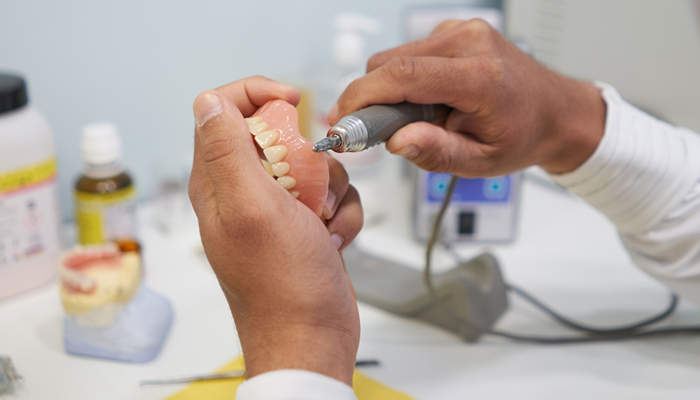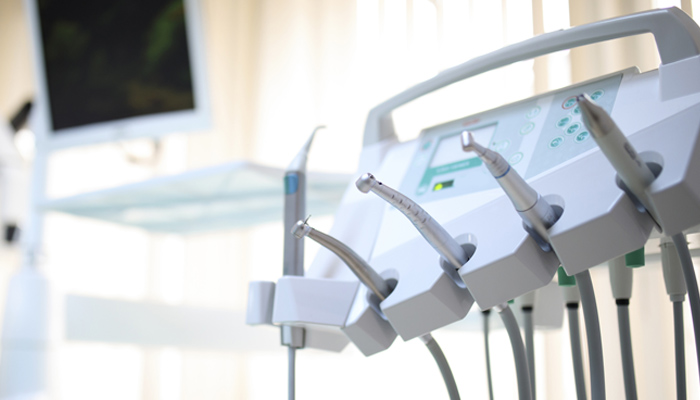Care Liability Claims on the Rise. Why Should You Care?
Liability claims have the potential to cause your business real harm. While the immediate financial cost is likely to be covered by insurance, there are other consequences including the paperwork, time involved and subsequent premium increases; not to mention the damage they can do to your reputation.
What is a liability claim?
A 'liability' is something for which you are legally responsible for such as the health and safety of your employees. Liability claimants in the home care sector tend to fall into two categories; employees injured at work and third parties (including service users) who are injured or have their property damaged as a result of your business.
These groups are covered under employers' liability and public liability respectively. Home care businesses are particularly at risk from liability claims for a number of reasons:
- Homecare workers have physically demanding jobs which, if not carried out properly, can lead to health issues
- The people they care for are often vulnerable and prone to accidents or injury
- Services are typically delivered in a residential setting, which increases the potential for property damage
Some liability products provide more appropriate cover for home care businesses than others, which is why it's important to seek advice from a specialist like Towergate.
Prevention is better than cure
At the centre of every successful home care business is a content, motivated workforce. The quality of your staff and the training they receive can have a direct bearing on the reputation of your business. It can also affect the number of both employers' and public liability claims brought against you because employees that feel valued and are well-trained could be less likely to make claims and more likely to deliver better quality care to service users.
Accidents will happen
1. Inform your insurer and broker as soon as possible - Some policies have strict rules about what information should be provided to whom and when.
2. Collect statements where possible - Collect written details of what happened from the relevant individuals quickly because memories can fade or become confused over time. A good witness statement can help your case in the event of a claim, try to gather as much information as possible. For instance, if an employee has slipped and injured themselves, you could ask questions such as:
- What condition was the flooring in?
- Was the area well-lit?
- Who was present?
- Were there any signs of physical injury?
- Was assistance offered? Was it accepted?
- Were health and safety procedures followed?
3. Get photographic evidence - This is especially important where the claim relates to a physical fault, be it with a product, flooring or broken safety equipment.
4. Fix the issue - Fixing a potential problem is not an admission of guilt and could help prevent future incidents.
5. Show you care - Be as helpful and flexible as possible to an injured employee, agreeing time off for recovery and hospital appointments. Consider adapting their duties until they're fully recovered. The offer or medical assistance could avoid a formal claim and might make for a speedy recovery.
Adopting this approach with service users is hugely important because in addition to the potential reduction in a final settlement, it inspires goodwill and reflects well on your business. Showing compassion to both service users and employees and doing whatever you can to help could bring huge benefits. After all, it's what your business does on a daily basis.
Care insurance from Towergate
Find out more about our care and medical insurance.
About the author
 Jo Taylor is an respected insurance industry leader with over 15 years’ experience working with both education and the public sector. She is responsible for supporting her clients on all things insurance and risk related, and is also a mental health first aider qualified through Mental Health First Aid England.
Jo Taylor is an respected insurance industry leader with over 15 years’ experience working with both education and the public sector. She is responsible for supporting her clients on all things insurance and risk related, and is also a mental health first aider qualified through Mental Health First Aid England.
Date: May 02, 2024
Category: Care and Medical
















